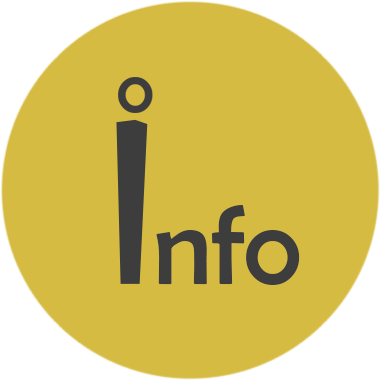This book, in the making for four years, is actually a project thirty years in the making: to create a handbook of Institutional Pedagogy. But how to express what is possible to achieve? If explaining Institutional Pedagogy were enough, everyone would know it. The cooperative class doesn’t come in a kit and cannot exist without a teacher, both subject and practitioner. Let’s not fool ourselves,citizenship, democracy in school, are not goals but a prerequisite for learning. We then return to education about the law, the group, and mastery of institutions. We are thus seeking everyone’s desire to be in the class, of the class. Then the child learns, or relearns to learn. Not as well, but better! But for that, we need teachers and thus real ongoing training, in groups, with others: a personal and professional transformation. Change profession, or change the profession.
Chapter 5: The Unconscious
References
Laffitte, R. & AVPI. (1999). Mémento de pédagogie institutionnelle. Faire de la classe un milieu éducatif. Avant-propos de Jean Oury. Vigneux: Matrice, collection “Classiques de la PI”. (Rééd. 2006, Nîmes: Champ social Éditions).
